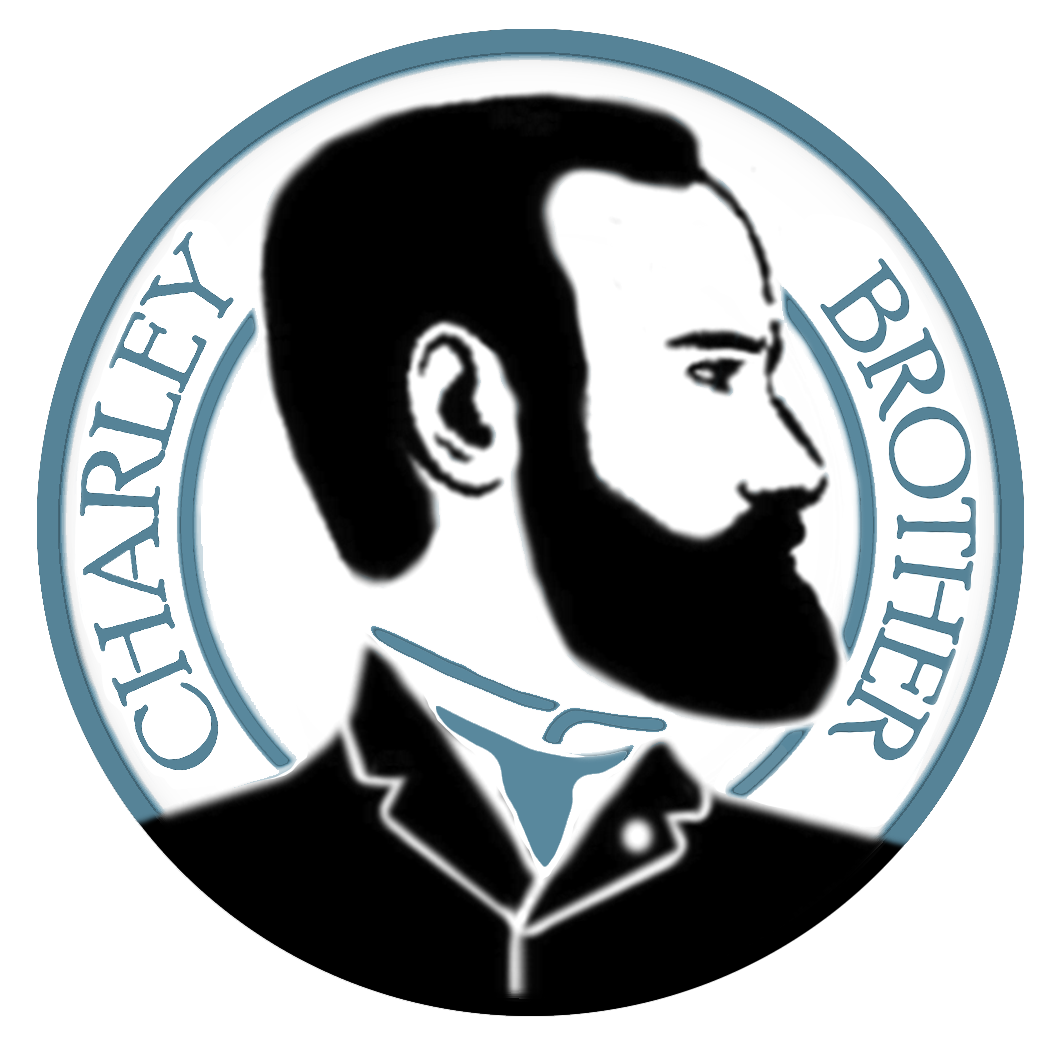Valentine Brother, grandfather of Civil War Marine Charles Brother, offered his tavern to house and feed officers and men. They needed places to store their weapons and equipment, causing much commotion, complications, harm to their woodwork, and excitement.
Any sudden burst of energy or appetites from the rough men, animated after refreshments or liberty, was hard on the women, half awake, bearing children, burying children, or bent over the stove in such an angle that they could only focus on their backs and not on the revolution, something that only meant that they’d get up an hour earlier.
Valentine said yes to these opportunities in his committee meetings, feeling very sure of the outcome, but not so much with how to tell his pretty lady. How to share with her his brilliant idea or how to introduce his new friend?
After he found her throwing pots and pans in silence treatment, something he could not stand for in his father or his wife, remarking to himself of the curiosity that he managed to love people like this the most. He would wince as he told her of the deal or promise he made the night before, kissing the back of her damp neck. She reminded him: it was his ignorance of the human body.
So ambitious was he to elevate his children in the same or even more dramatic degrees than his father had improved his lot—going from debt slave to tavern and postmaster—that he forgot about God’s will. There were limits to one’s skeleton, muscles, and wits.
Take, for example, she said, my being “of child”. He swung her around, overjoyed for a new topic. But in a few months, his intestinal system beat to quarters, confining him as a ball with gastrointestinal revolt and leaving her to welcome the men in the middle of the night.
The day arrived when husband and wife were wailing in unison but in separate rooms. Husband was passing a stone and wife was giving birth. Mother-in-law was passing hysterics: Soldiers arriving. Rain flooding. God willing.
What this “wet goods” establishment needed was a woman’s touch. With that Captain Baer called “attention”. The men stood straight, chairs flying to the wall. A toast for baby Cornelia, now in the arms of her grandmother, weaving through the tables, rifles, and unlaced boots, scattered about the tavern. The men took turns kissing her forehead and all—each and everyone—drifted off on the floor into a recovery of body, soul, and wits.

